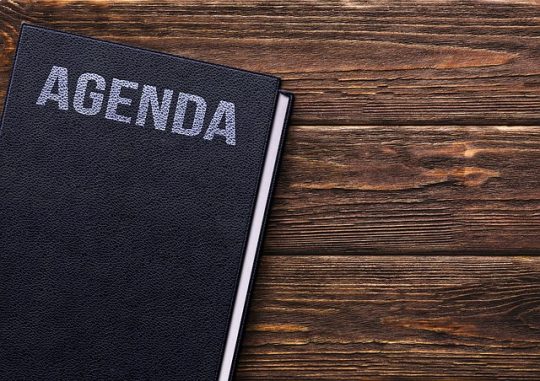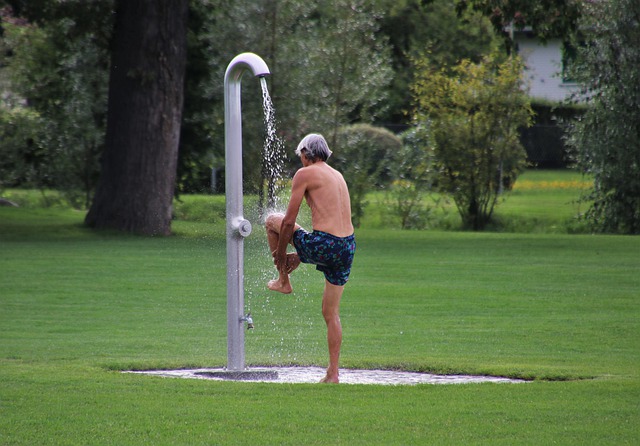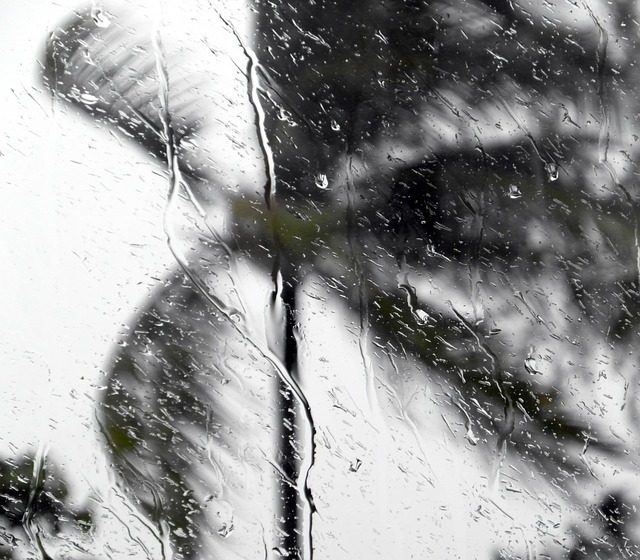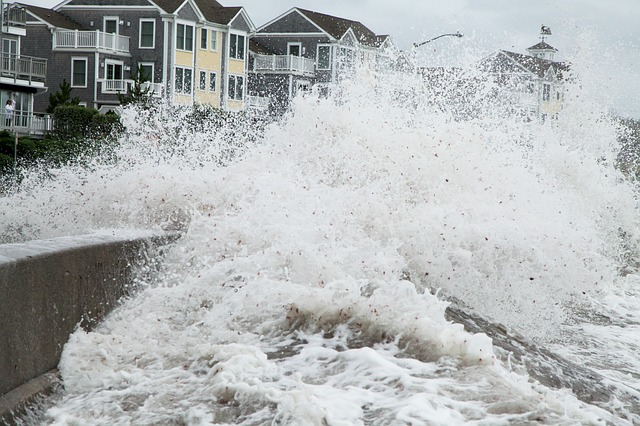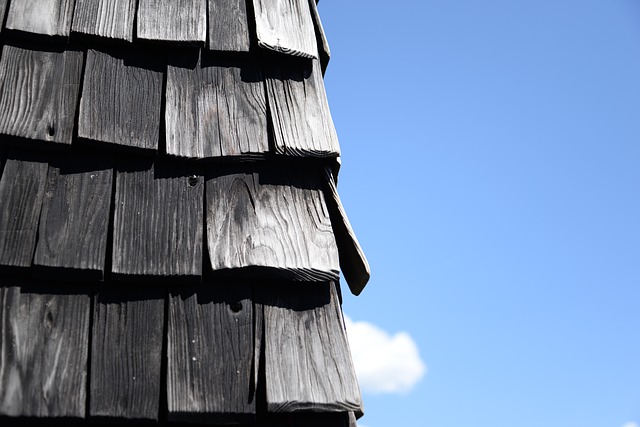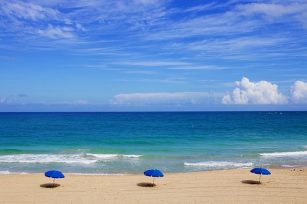Q: Our condominium is approaching 15 years old and many of our residents still have original hot water heaters, dishwashers and washing machines. We have seen an increase in water damage and related expenses caused by these appliances. Other owners are refusing to replace these older appliances because they are currently working. What can we do to prevent further damage? – P.H., Marco Island
A: This is a good question and first requires a discussion on liability when there is water damage. First, assuming the damage is an insurable event, the statute will control who is responsible for what. Very generally, the condominium association is responsible to repair and replace the common elements and drywall, and the owner is responsible for the flooring, wall coverings and property inside the unit. Each owner with damage, and the condominium association, would submit a claim to their insurance carriers and the carriers would provide insurance proceeds to help pay for the damage.
The next question is usually whether the owner with the broken appliance is responsible for the damage to the common elements and surrounding units. The answer depends on a number of factors, the most important of which being whether the offending owner was negligent or whether they were in violation of a rule that resulted in the leak.
As you can imagine, proving negligence is very fact sensitive and can be very difficult. If an owner has an older appliance that is working, and even assuming the appliance is professionally maintained every year, is it negligence when the 20-year old water heater finally bursts? What if the hot water heater had a history of leaks with repairs? What if the unit is leased? What if the unit is empty for half the year and the home watch vendor fails to check the unit that week?
Florida Statutes section 718.111(11) regulating repairs following an insurable event provides that “a unit owner is responsible for the costs of repair or replacement of any portion of the condominium property not paid by insurance proceeds if such damage is caused by intentional conduct, negligence, or failure to comply with the terms of the declaration or the rules of the association by a unit owner, the members of his or her family, unit occupants, tenants, guests, or invitees, without compromise of the subrogation rights of the insurer.”
Aside from the negligence component discussed above, note that you are responsible for damages flowing from the failure to comply with the declaration or rules. This means that the association’s actual ability to seek reimbursement for water damage expenses is rooted in the strength of your declaration and rules.
One recommendation is to adopt a formal rule requiring owners to shut off water to the unit when absent for more than a specific time period. This rule should be adopted a) after consulting with legal counsel to ensure that the rule is enforceable; and b) at a special Board meeting with 14 days’ mailed and posted notice. You may consider adopting the rule at your upcoming budget meeting to save on mailing expenses.
Second, consider an amendment to your Declaration of Condominium to specifically address high risk components such as hot water heaters, dishwashers, hoses, connections, and washing machines. For example, the Declaration could provide that the Board has the authority to require the replacement of certain components every, for example, 10 years. If the component bursts after 10 years, this type of covenant could help create a presumption of negligence. In other words, although negligence can be very difficult to prove, the Board is in a better position to shift liability to an offending unit owner when there are objective and specific maintenance requirements set forth in the Declaration of Condominium. Even if you have this language, you should ensure that the Board has adopted any necessary resolutions so that you can enforce these requirements, if necessary.
I would recommend you consult a Florida licensed attorney to assess the strength of your current rules and covenants to determine whether the Association should take any corrective measures.
Visit our “GD&C Condo/HOA Blog” to read more of our interesting and informative Q&A articles.
John C. Goede Esq. is co-founder and shareholder of the Law firm Goede, DeBoest & Cross, PLLC. T o ask questions about your issues for future columns, send your inquiry to: info@gadclaw.com. The information provided herein is for informational purposes only and should not be construed as legal advice. The publication of this article does not create an attorney-client relationship between the reader and Goede, DeBoest & Cross, PLLC or any of our attorneys. Readers should not act or refrain from acting based upon the information contained in this article without first contacting an attorney, if you have questions about any of the issues raised herein. The hiring of an attorney is a decision that should not be based solely on advertisements or this column.




